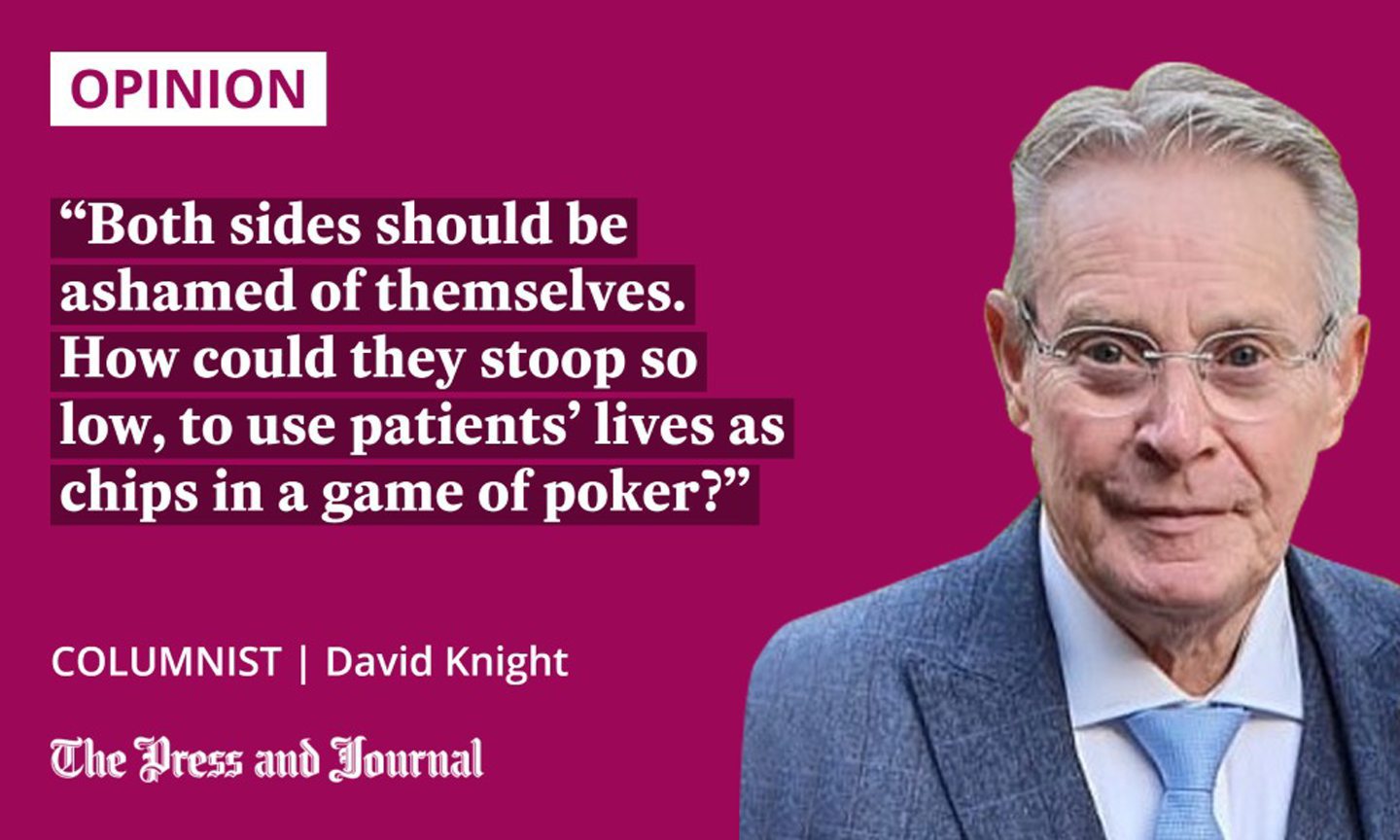I wouldn’t have noticed until she pointed it out – a wavy line that looked like a river meandering its way across an atlas. But it was actually a scar.
It began at the hairline, journeyed across her forehead and stopped a couple of centimetres above an eye. It must have been an ugly, bloody gash.
Over time, it had faded, but was clearly discernible now she spoke about it. Lasting evidence of a violent episode – the victim was a nurse, her assailant a patient. A glass had been thrown.
She would have been in a right mess, given how much head injuries bleed, with so many blood vessels packed tightly together; another few centimetres and she could have been blinded, easily.
The shocking story popped out after I struck up a conversation with the nurse in a day room near the hospital ward we were visiting for weeks. We were comforting a sick relative whose age and ill-health had reached a point where darkness could replace the twilight years at any moment.
It transpired she was a very experienced nurse with many years behind her, who had worked across various hospital departments.
 Her current ward happened to look after a lot of dementia patients; I had asked about the physical challenges facing medical staff in such demanding situations. Which led us onto her time in a unit for mentally disturbed teenagers. That was when one of them threw a glass which hit her in the face.
Her current ward happened to look after a lot of dementia patients; I had asked about the physical challenges facing medical staff in such demanding situations. Which led us onto her time in a unit for mentally disturbed teenagers. That was when one of them threw a glass which hit her in the face.
Amazingly, after being suitably stitched up by colleagues in A&E, she was back at work in a week.
It was a sobering story, which hammered home the reality of nitty-gritty NHS work. As she spoke, I realised her story dovetailed with a similar conversation I had with another nurse in the same unit a couple of days earlier.
This other nurse was at the opposite end of the career scale: making her tentative first steps at the foothills of fulfilling her dreams. Perpetually smiling with youthful exuberance and stars in her eyes, she lit the place up.
I’d noticed older hands often looked somewhat careworn, stressed out and perpetually confused about our sick relative, as an array of ever-changing staff were involved with her case.
Real-life storylines are more surprising than fiction
I wouldn’t have guessed it, but the young nurse confessed that she was inwardly terrified after arriving at the deep end for hands-on experience during a break from medical training college. Terrified, but excited.
Her vocational conviction came from a place not that far removed from her older colleague.
With a wink, she said she was a bit of a tearaway as a teenager. She went downhill and landed in a mental health unit for a couple years.
In an extraordinary twist, dedication shown by nurses to put her together again mentally was an inspiration. To such a life changing extent that, as soon as she was well enough, she embarked on nursing training; she wanted to be one of them.
What an amazing coincidence, even though there was no direct link between the two, other than that they had both been in psychiatric units at different times, and on opposite sides of the fence.
It’s the sort of storyline you might encounter in a hospital drama. But real-life stories are always the most compelling, especially when people are racing against the clock to battle for something.
A ‘muddle of managed decline’
On a day-by-day basis, patients marooned on NHS waiting lists are also locked in a grim race against time, while government and doctors continue their unbending tug of war over pay, which only hurts the patients.
Both sides should be ashamed of themselves. How could they stoop so low, to use patients’ lives as chips in a game of poker?
Our benevolent NHS is baring its teeth in a way which might make our relationship never seem quite as cosy as it used to be.
Watching the NHS at close quarters down south, I felt the administration wasn’t as efficient or cost-effective as it should be
A recent survey suggested most people still loved our free NHS, but dissatisfaction levels were higher than ever. We should be beaming with pride as the NHS celebrates its 75th birthday, but by the time 100 dawns, patients will probably still be waiting.
Watching the NHS at close quarters down south, I felt the administration wasn’t as efficient or cost-effective as it should be. Surprise, surprise – one expert on the subject said it was being strangled by a “muddle of managed decline”.
A hospital letter arrived for my relative, demanding to know why she hadn’t replied previously, and threatened to throw her off the waiting list. In fact, throughout the whole period, she lay in a ward in the same hospital; why can’t their system flag this up?
While two wonderful nurses I met seemed to have a clear sense of purpose, the administration behind them appeared to be suffering from a severe case of paralysis.
David Knight is the long-serving former deputy editor of The Press and Journal

